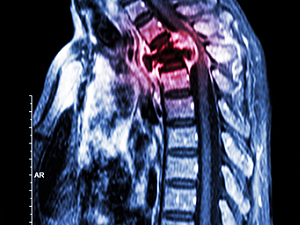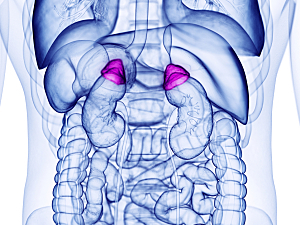Study Reveals How Cancer Cells Hijack Mitochondria From Immune Cells

By taking the brakes off the immune system and allowing it to attack cancer cells, checkpoint inhibitors have spurred significant advances in the treatment of many people with cancer over the past decade. But for patients who do not respond to these drugs — still the majority of people with cancer — alternative interventions are needed.








